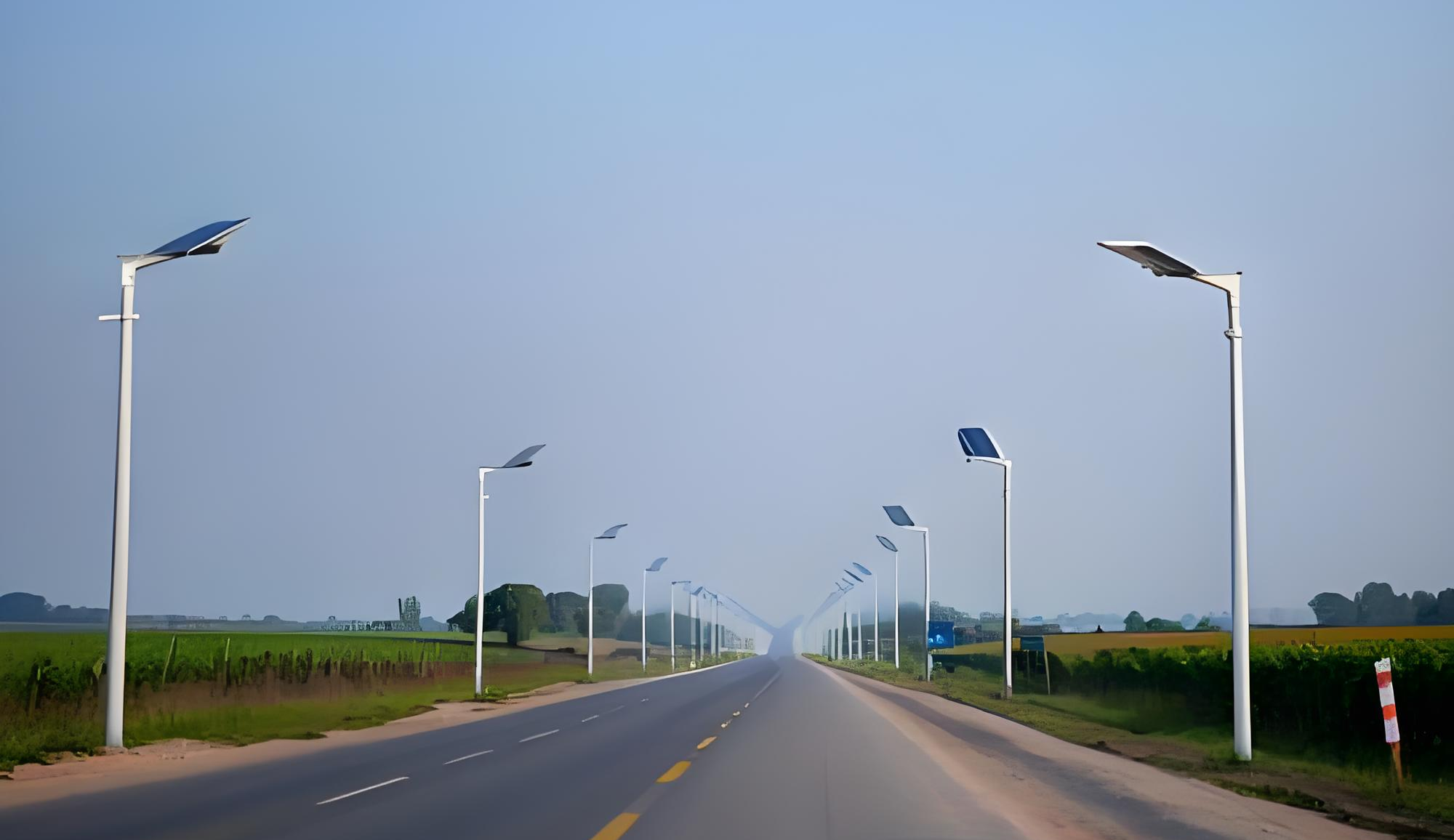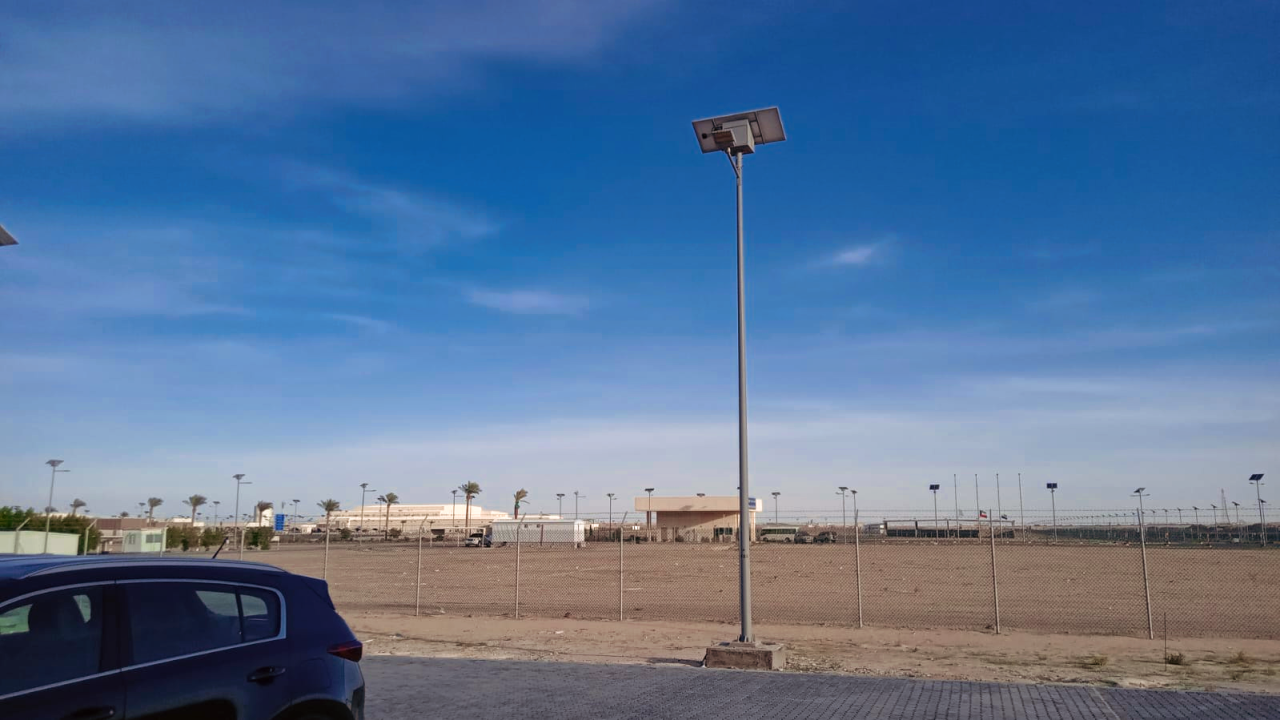Street lights play a crucial role in urban infrastructure, providing safety, security, and illumination for citizens during nighttime hours. Effective street light management is essential for maximizing the benefits of these lights while minimizing costs and environmental impact. This article explores the key aspects of street light management, including planning, operation, maintenance, and the adoption of modern technologies.
1. Planning and Design
Proper planning and design are fundamental to efficient street light management. This involves considering factors such as the layout of roads, the placement of lights, and the selection of appropriate lighting technologies. LED lights, for instance, have become popular due to their energy efficiency, longevity, and reduced maintenance requirements. Planning also involves considering the impact on the environment and ensuring that lighting does not disrupt ecosystems or contribute to light pollution.
2. Operation and Control
The operation of street lights involves managing their usage to optimize energy consumption and reduce costs. This can be achieved through the use of smart lighting systems that allow for remote monitoring and control. These systems can adjust lighting levels based on traffic patterns, weather conditions, and other factors, ensuring that lighting is provided only when and where it is needed.
3. Maintenance and Repair
Regular maintenance is essential to ensure that street lights are functioning properly and to prevent accidents or security issues. This involves routine inspections, cleaning, and repairs as needed. Modern street light management systems often include predictive maintenance features, which use data analytics to identify potential issues before they become major problems.
4. Adoption of Modern Technologies
Advancements in technology have revolutionized street light management. Smart lighting systems, for example, use sensors and connectivity to optimize lighting levels and reduce energy consumption. Some systems even incorporate features such as motion detectors or cameras for added security. Additionally, the integration of renewable energy sources, such as solar panels, can further enhance the sustainability of street lighting systems.
5. Community Engagement and Stakeholder Collaboration
Effective street light management also involves engagement with the community and collaboration with stakeholders. This includes consulting with residents and local businesses to understand their lighting needs and concerns. Collaboration with utility companies and government agencies is also crucial for ensuring that street lighting systems are integrated into broader urban planning and sustainability goals.
Conclusion
Street light management is a complex but essential aspect of urban infrastructure. By focusing on planning, operation, maintenance, and the adoption of modern technologies, cities can ensure that their street lighting systems are safe, efficient, and sustainable. Furthermore, through community engagement and stakeholder collaboration, these systems can be tailored to meet the specific needs and goals of each city. As technology continues to advance, the potential for even more efficient and effective street light management will only increase.


 The Necessity and Implementation Pathways of Urban Streetlight Energy Retrofit
The Necessity and Implementation Pathways of Urban Streetlight Energy Retrofit
 Energy Management Strategies for Street Lighting
Energy Management Strategies for Street Lighting
 Energy-Saving Control for Street Lights
Energy-Saving Control for Street Lights
 The Application of 5G Technology in Remote Street Light Control
The Application of 5G Technology in Remote Street Light Control